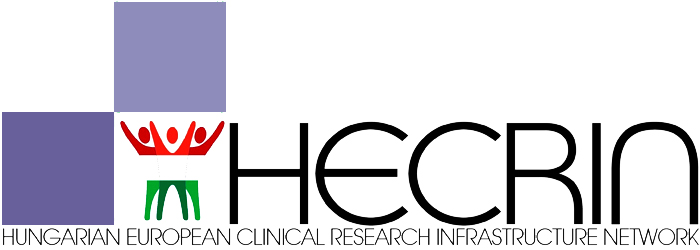BACKGROUND:
'Compassionate use' programmes allow medicinal products that are not authorised, but are in the development process, to be made available to patients with a severe disease who have no other satisfactory treatment available to them. We sought to understand how such programmes are regulated in ten European Union countries.
METHODS:
The European Clinical Research Infrastructures Network (ECRIN) conducted a comprehensive survey on clinical research regulatory requirements, including questions on regulations of 'compassionate use' programmes. Ten European countries, covering approximately 70% of the EU population, were included in the survey (Austria, Denmark, France, Germany, Hungary, Ireland, Italy, Spain, Sweden, and the UK).
RESULTS:
European Regulation 726/2004/EC is clear on the intentions of 'compassionate use' programmes and aimed to harmonise them in the European Union. The survey reveals that different countries have adopted different requirements and that 'compassionate use' is not interpreted in the same way across Europe. Four of the ten countries surveyed have no formal regulatory system for the programmes. We discuss the need for 'compassionate use' programmes and their regulation where protection of patients is paramount.
CONCLUSIONS:
'Compassionate use' is a misleading term and should be replaced with 'expanded access'. There is a need for expanded access programmes in order to serve the interests of seriously ill patients who have no other treatment options. To protect these patients, European legislation needs to be more explicit and informative with regard to the regulatory requirements, restrictions, and responsibilities in expanded access programmes.
Compassionate use of interventions: results of a European Clinical Research Infrastructures Network (ECRIN) survey of ten European countries
Szerző(k):
Whitfield K.
Huemer KH, Winter D, Thirstrup S, Libersa C, Barraud B, Kubiak C, Stankovski L, Grählert X, Dreier G, Geismann S, Kuchinke W, Strenge-Hesse A, Temesvari Z, Blasko G, Kardos G, O'Brien T, Cooney M, Gaynor S, Schieppati A, Serrano M, de Andres F, Sanz N, He
szerző információ:
Copenhagen Trial Unit, Centre for Clinical Intervention Research, Copenhagen University Hospital (DCRIN), Copenhagen, DK-2100, Denmark. kate.whitfield@ctu.rh.dk
Abstract:
publikálás ideje:
2010/11/12


















